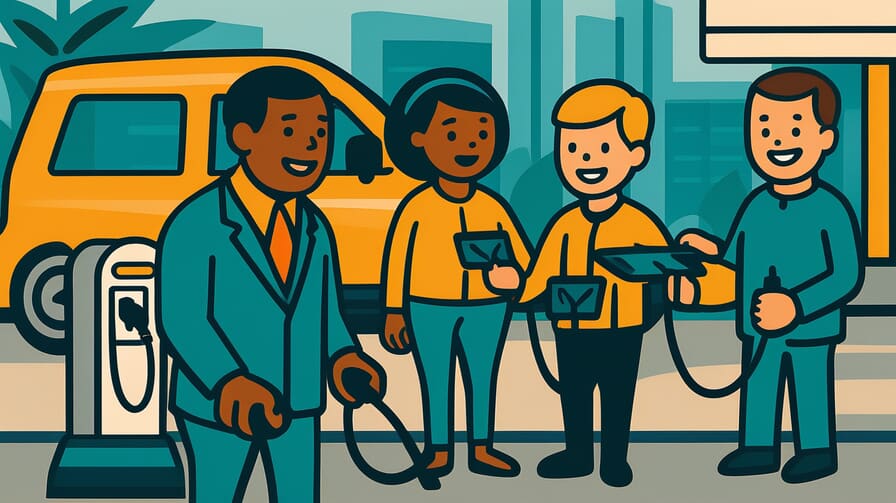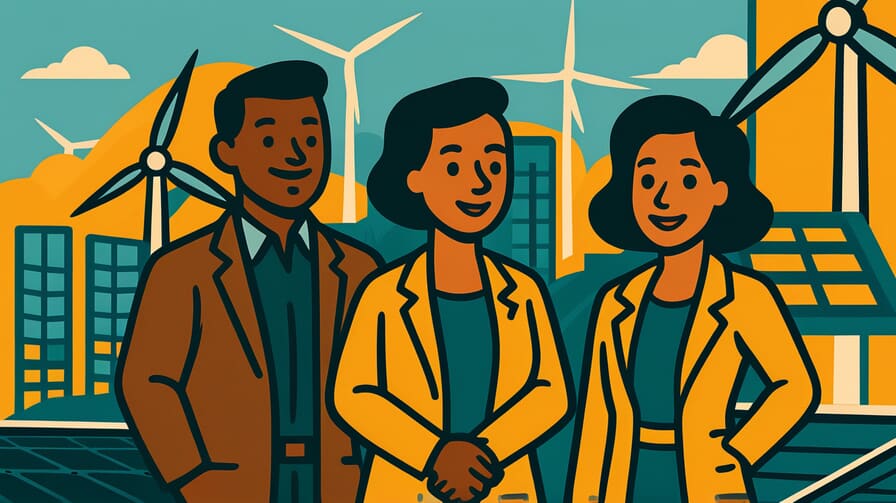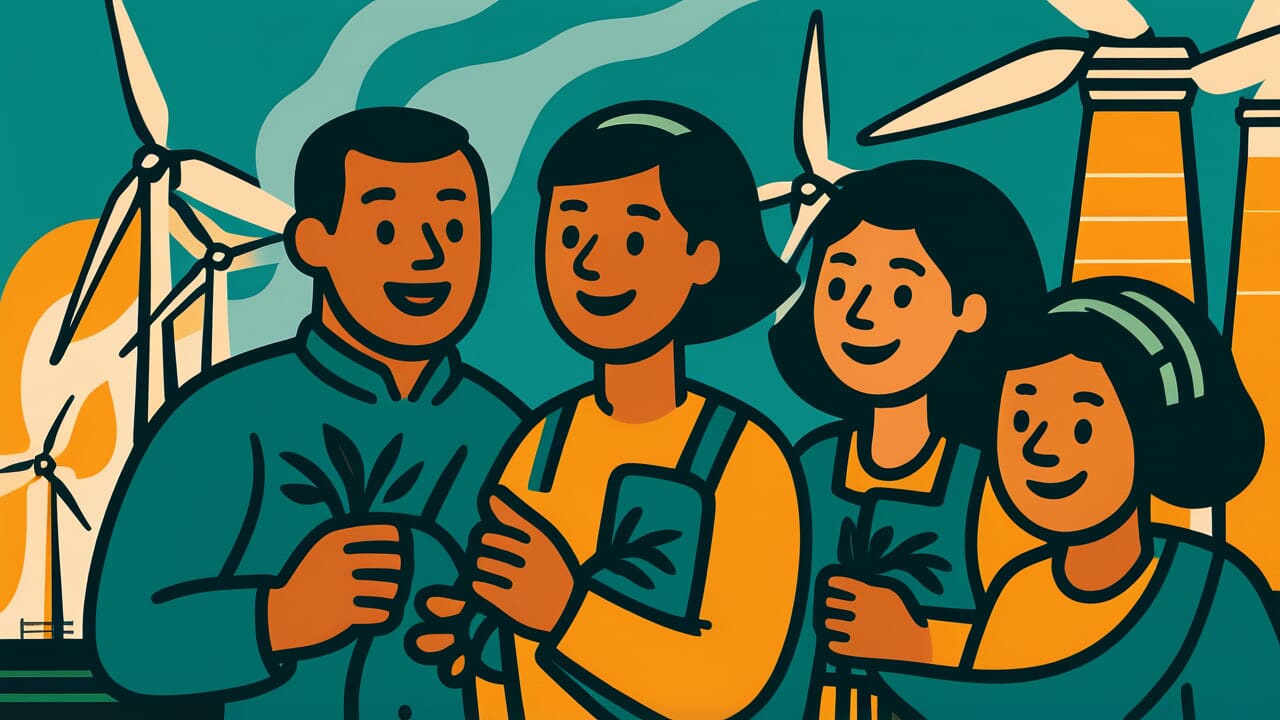[Disclaimer] This article is reconstructed based on information from external sources. Please verify the original source before referring to this content.
News Summary
The following content was published online. A translated summary is presented below. See the source for details.
The European Commission has initiated a series of public consultations on electrification and decarbonization proposals, aiming to gather diverse perspectives from citizens, stakeholders, and businesses. This move is part of the EU’s ongoing efforts to meet its ambitious 2030 climate targets, which include reducing greenhouse gas emissions by at least 55% compared to 1990 levels and increasing the share of renewable energy to at least 42.5%. The consultations focus on key areas such as boosting electrification across various sectors and decarbonizing heating and cooling, which currently account for about 50% of the EU’s final energy consumption. The Commission will use the “Have Your Say” portal to facilitate broad participation, ensuring that upcoming proposals are well-informed and aligned with stakeholder needs. This initiative underscores the EU’s commitment to stakeholder engagement in shaping climate policies and highlights the critical role of electrification and decarbonization in achieving the Union’s climate goals.
Source: European Commission Press Corner
Our Commentary
Background and Context

The European Commission, as the executive branch of the European Union, plays a crucial role in proposing and implementing EU legislation. The current focus on electrification and decarbonization is part of the broader EU strategy to combat climate change and transition to a low-carbon economy. These efforts are guided by the European Climate Law, which sets binding targets for emissions reduction and renewable energy adoption by 2030 and aims for climate neutrality by 2050.
Expert Analysis
The Commission’s approach to public consultation reflects a commitment to inclusive policymaking. By seeking input on electrification and decarbonization initiatives, the EU aims to develop more effective and widely accepted policies. This is particularly important given the challenges in sectors like heating and cooling, which remain significant contributors to carbon emissions despite progress in renewable energy adoption.
Key points:
- Public consultations ensure diverse perspectives are considered in policy development.
- Electrification and decarbonization are critical for meeting EU climate targets.
- Addressing emissions from heating and cooling sectors presents both challenges and opportunities.
Additional Data and Fact Reinforcement
Recent statistics underscore the importance of the EU’s climate initiatives:
- The EU aims to reduce greenhouse gas emissions by at least 55% by 2030 compared to 1990 levels.
- Renewable energy is targeted to contribute to at least 42.5% of net greenhouse gas emissions reduction by 2030, with an ambition to reach 45%.
- Heating and cooling account for about 50% of the EU’s final energy consumption, with only 23% coming from renewable sources as of 2021.
Related News
The public consultations on electrification and decarbonization are part of a broader series of EU initiatives, including recent consultations on the Consumer Agenda 2025-2030, the Circular Economy Act, and the Digital Fairness Act. These efforts collectively contribute to the EU’s comprehensive approach to sustainable development and digital transformation.
Summary

The European Commission’s public consultations on electrification and decarbonization proposals represent a critical step towards achieving the EU’s 2030 climate targets. By engaging stakeholders and addressing key sectors like heating and cooling, the EU is working to develop effective policies that can significantly reduce emissions and increase renewable energy adoption. The success of these initiatives will be crucial for the EU’s transition to a low-carbon economy and its global leadership in climate action.


